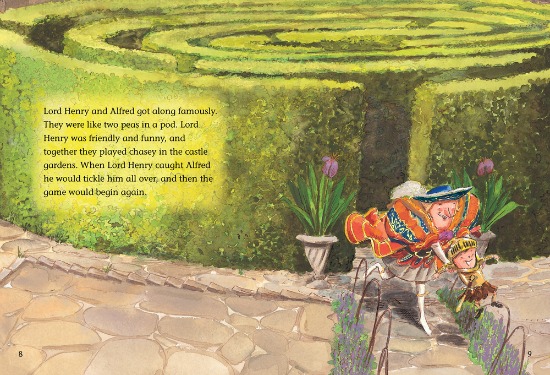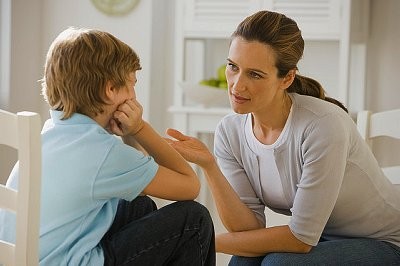This is a guest post by Jayneen Sanders. In all honesty, I am a little unsure about how this article will be received, and I was a little weary about publishing it. But I realised, this is a very important topic, and an area of such stigma and contention in how we talk about it in society and in the community. And this is why I am publishing it, and sharing Jayneen’s expert thoughts. We need to get talking, raise awareness and change the stigma attached to silence and secrecy.
***
As parents we teach water safety and road safety, but too often ‘body safety’ is left in the ‘too-hard basket’. And yes, it is a difficult topic to discuss with our children but that is not a good reason why we should not broach this subject. With 1 in 4 girls and I in 7 boys sexually abused with before their 18th birthday (Australian Institute of Criminology 2004), we need to most definitely teach our children body safety from as young as 3 years old. And with 93% of the perpetrators known to victims of sexual abuse, we need to make sure children know their rights, ie their body is their body and no-one has the right to touch it inappropriately. The sexual abuse of children has no social boundaries and as we hear in the media of late, perpetrators can be relentless in their pursuit of a child. Therefore my mission as a teacher, mother and advocate of sexual abuse prevention education is ‘skill up’ our kids and educate our community. Hopefully our children will never experience sexual abuse, but just in case they are touched inappropriately, it important they have the knowledge necessary and know what to do. Below are nine body safety skills you can cover with your child. Let’s all work together to keep our children safe. Forewarned is forearmed! Knowledge is powerful!
Note: these skills can be taught gradually and in daily conversations as your child grows.
1. As soon as your child begins to talk and is aware of their body parts, begin to name them correctly, e.g. toes, nose, eyes, etc. Children should also know the correct names for their genitals from a young age. Try not to use ‘pet names’. This way, if a child is touched inappropriately, they can clearly state to you or a trusted adult where they have been touched.
2. Teach your child that their penis, vagina, bottom, breasts and nipples are called their ‘private parts’ and that these are their body parts that go under their swimsuit. Note: a child’s mouth is also known as a ‘private zone’.
3. Teach your child that no-one has the right to touch or ask to see their private parts (and if someone does, they must tell you or a trusted adult (or older teenager) straight away. Reinforce that they must keep on telling until they are believed. (Statistics tell us that a child will need to tell three people before they are believed.) As your child becomes older (3+) help them to identify five people they could tell. These people are part of their ‘network’.
4. Teach you child that if some-one (i.e. the perpetrator) asks them to touch their own private parts or shows their private parts to the child that this is wrong also, and that they must tell a trusted adult (or older teenager) straightaway. Reinforce that they must keep on telling until they are believed.
5. At the same time as you are discussing in appropriate touch, talk about feelings. Discuss what it feels like to be happy, sad, angry, excited, etc. Encourage your child in daily activities to talk about their feelings, e.g. ‘I felt really sad when … pushed me over.’ This way your child will be more able to verbalise how they are feeling if someone does touch them inappropriately.
6. Talk with your child about feeling ‘safe’ and ‘unsafe’. Discuss times when your child might feel ‘unsafe’, e.g. being pushed down a steep slide; or ‘safe’, e.g. snuggled up on the couch reading a book with you. Children need to understand the different emotions that come with feeling ‘safe’ and ‘unsafe’. For example, when feeling ‘safe’, they may feel happy and have a warm feeling inside; when feeling ‘unsafe’ they may feel scared and have a sick feeling in their tummy.
7. Discuss with your child their ‘early warning signs’ when feeling unsafe, i.e. heart racing, feeling sick in the tummy, sweaty palms, feeling like crying. Let them come up with some ideas of their own. Tell your child that they must tell you if any of their ‘early warning signs’ happen in any situation. Reinforce that you will always believe them and that they can tell you anything.
8. As your child grows, try as much as possible to discourage the keeping of secrets. (Perpetrators rely heavily on children keeping secrets.) Talk about happy surprises such as not telling Granny about her surprise birthday party and ‘bad’ secrets such as someone touching your private parts. Make sure your child knows that if someone does ask them to keep an inappropriate secret that they must tell you or someone in their network straight away.
9. Discuss with your child when it is appropriate for someone to touch their private parts, e.g. a doctor if they are sick (but making sure they know you must be in the room). Discuss with your child that if someone does touch their private parts (without you there) they have the right to say: ‘No!’ or ‘Stop!’ and outstretch their arm and hand. Children (from a very young age) need to know their body is their body and no-one has the right to touch it in appropriately.
It is a little ‘icky’ talking about this, I get that feeling too. But this is not about sex, this is about teaching children assertive language and skills to tell people ‘NO’ when someone does something inappropriate to them. For children to feel they can respond assertively is not only a positive skill when talking about body parts, but a skill that goes far beyond into their day-to0-day life and life skills.
If you want to hear Jayneen talk more about this topic, you can see an interview of her on The Circle. Just click here.
To help parents help their children learn about body safety skills, Jayneen is offering one of her books, Some Secrets Should Never Be Kept, to one lucky TPF reader. Just leave me a comment below telling me:
How you help your children learn about their body and their body parts?
Lastly, sexual abuse prevention and protective behaviours is not only a parent’s responsibly, it is also the community’s responsibility. Ask you child’s kinder or school if they are running a protective behaviours program. If they are not, ask why not. And PLEASE lobby for it.
About the Author: Jayneen Sanders (aka Jay Dale) is the author of the children’s picture book ‘Some Secrets Should Never Be Kept’ (also an ibook) see: www.somesecrets.info or if outside Australia Amazon to purchase. Links and free resources available from the Some Secrets website.
Linking up with Essentially Jess




